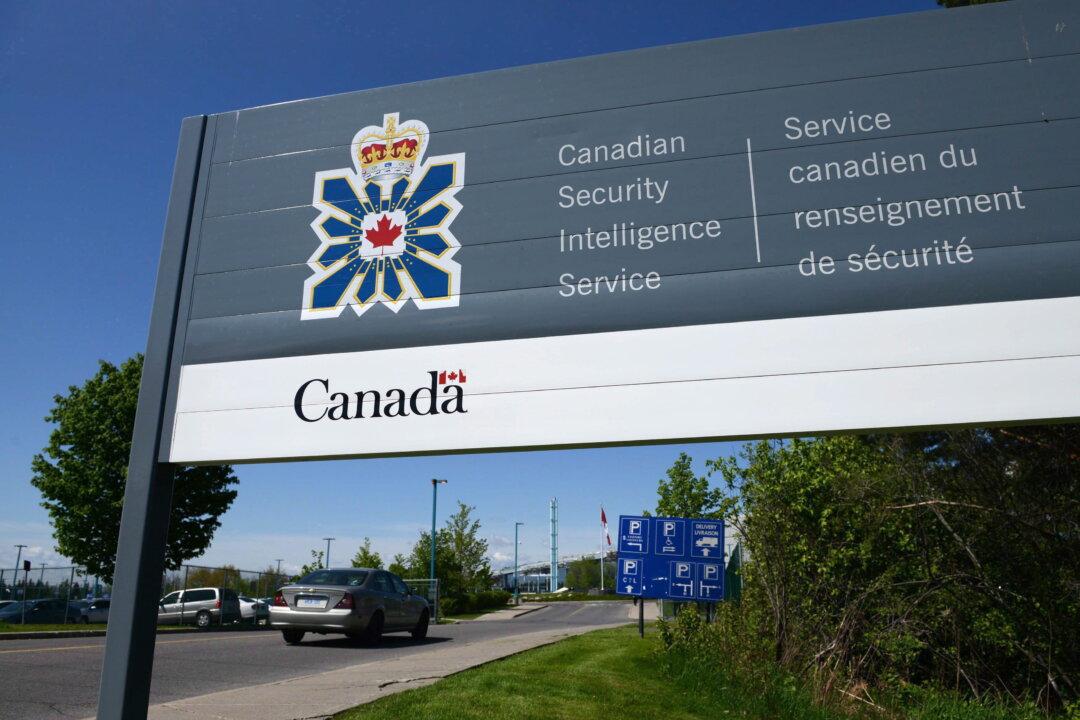If Canadians already suspected that Beijing was interfering in elections by virtue of multiple intelligence leaks in the media, most probably didn’t know what Canada’s spy agency really thinks about how Ottawa is handling the threat before the public inquiry got underway.
To make a long story short, it’s not good.





